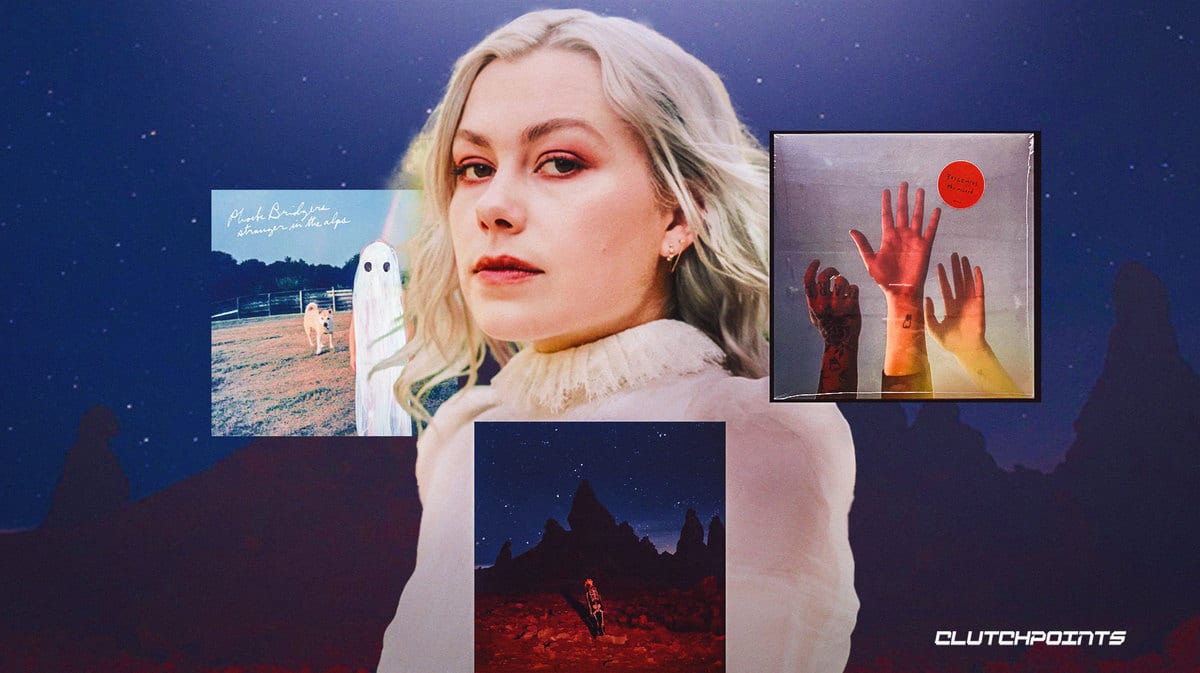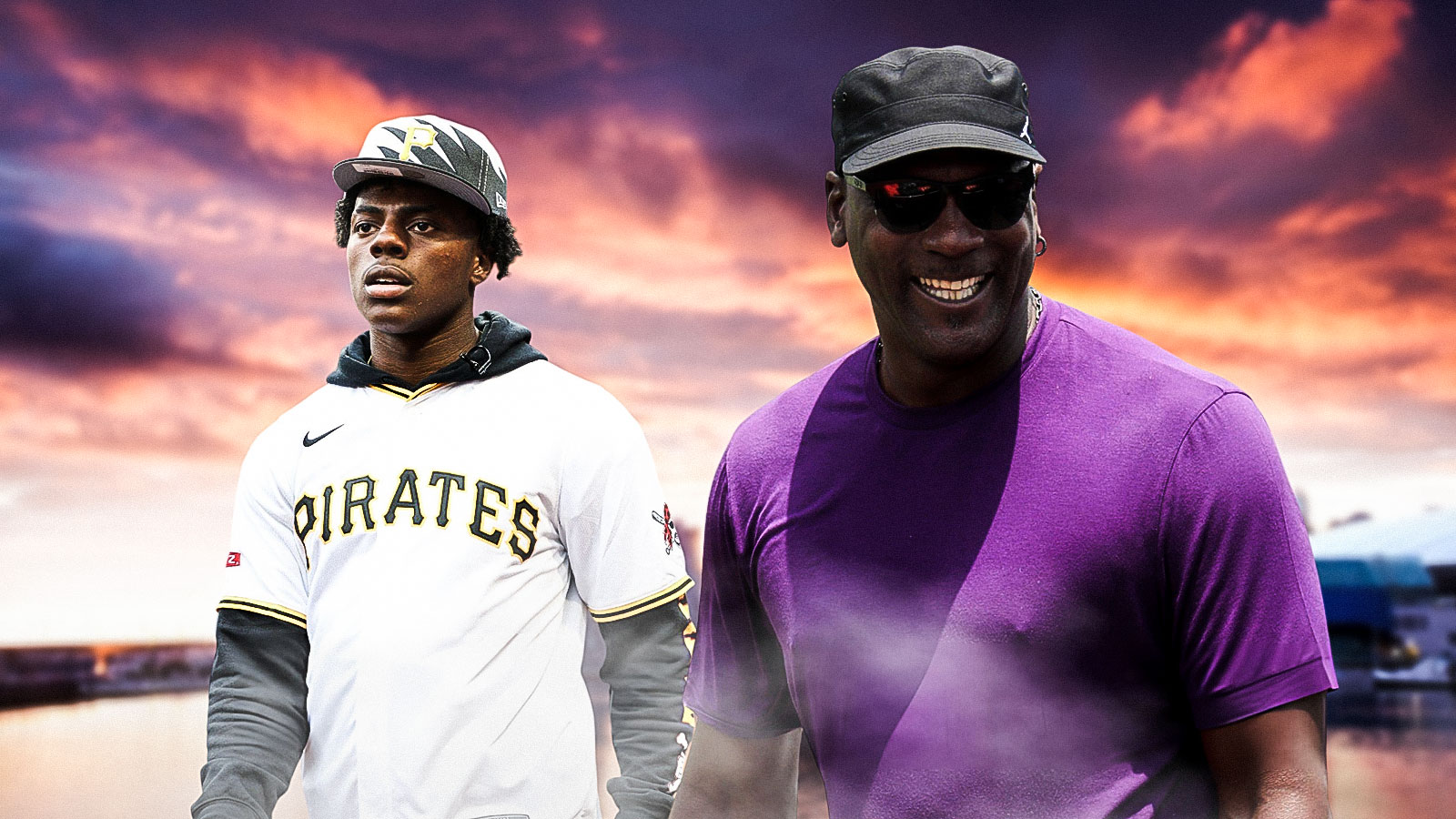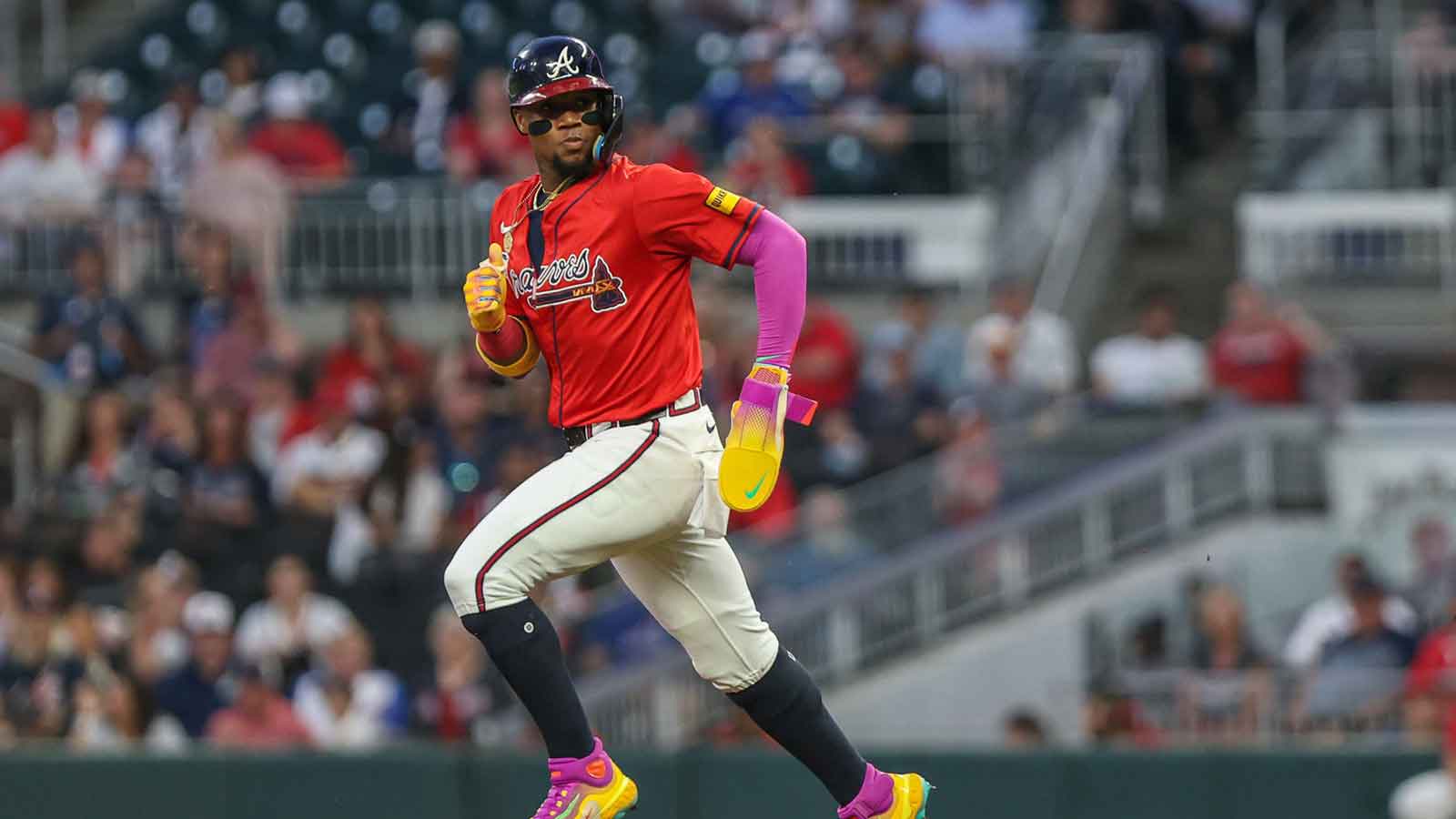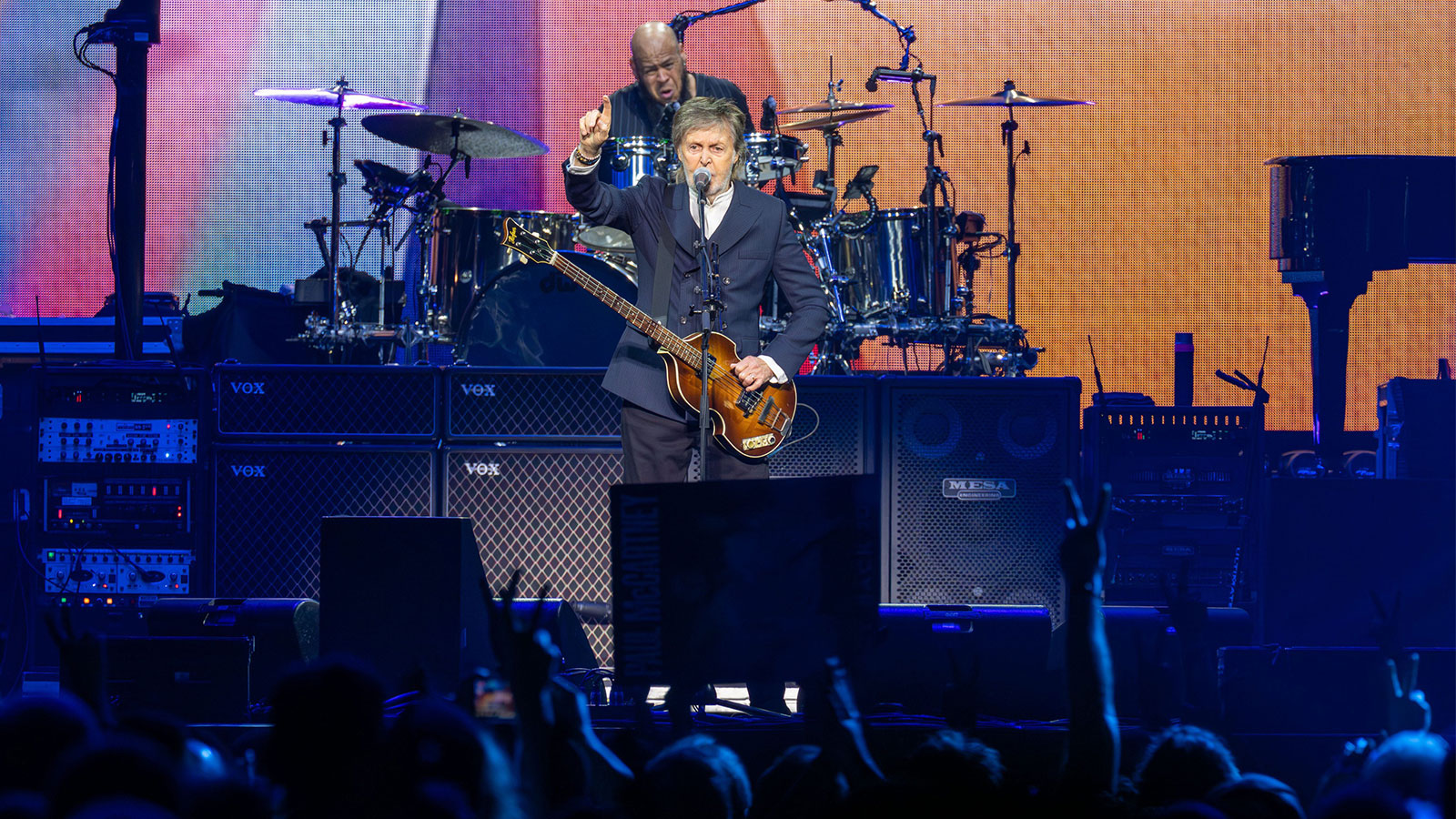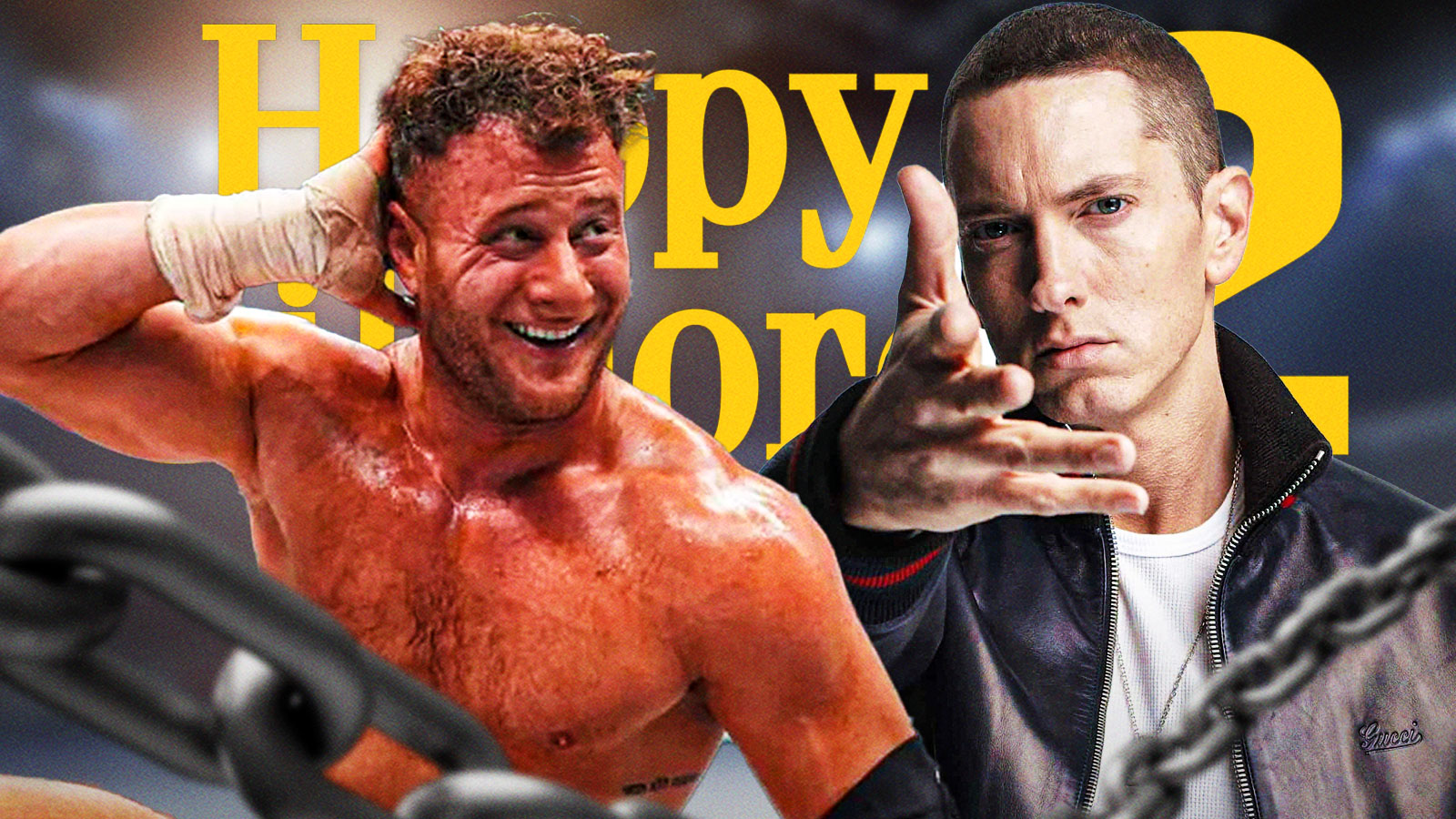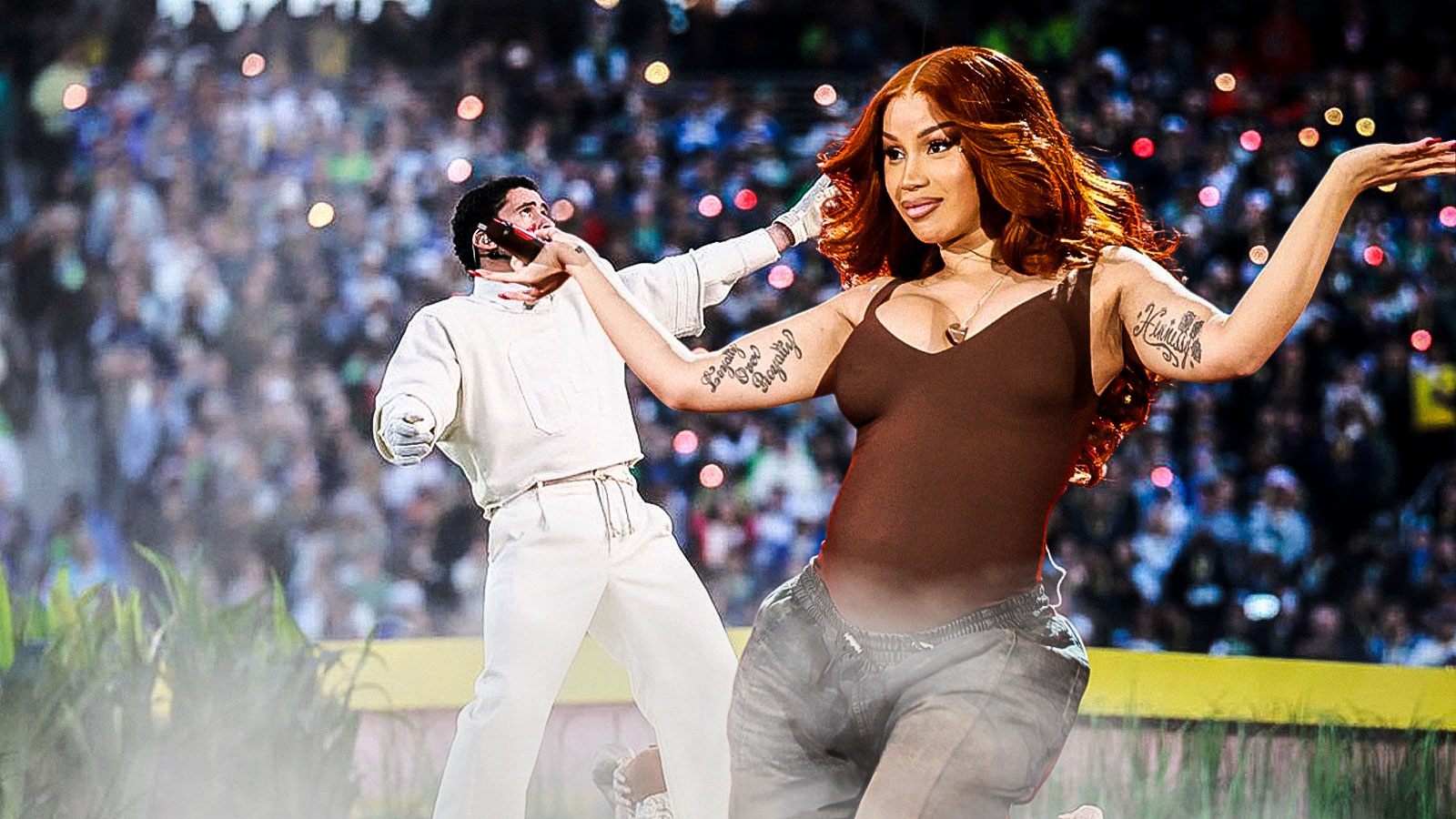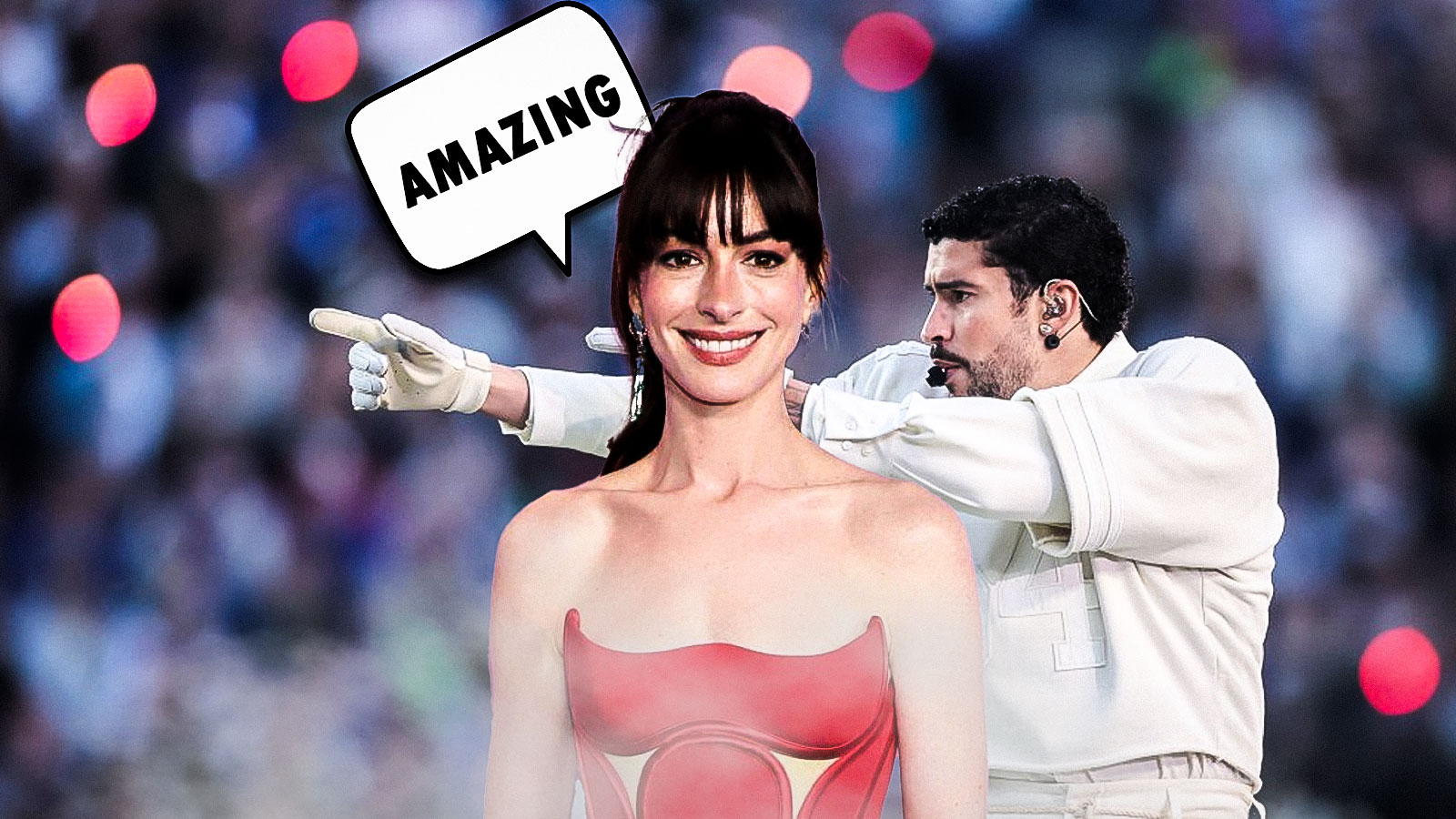“Wait, you actually have motion sickness?” I asked my now-girlfriend (Happy Birthday!) on our first date.
Sure, I knew motion sickness is a real condition, but I hadn't met somebody with it. Is it bad that I always associate it with Phoebe Bridgers' song, “Motion Sickness”?
The indie singer-songwriter, who just turned 29 (Happy [Belated] Birthday!), has risen to a new level of stardom over the past year and a half or so. It could have been her collaborations with Taylor Swift and MUNA or the supergroup she's a part of, Boygenius, or her stellar sophomore album Punisher, or it could have been her “too cool for this but I'm still nervous” attitude she exudes.
Whatever the case, Bridgers is now a global icon. (Anyone else spot Stranger in the Alps in the background of a shot in Dear Evan Hansen?) Unlike Taylor Swift and Olivia Rodrigo, who both have their charm, Bridgers makes her typically melancholic music fun. Sure, she has her fair share of songs about past love interests — lord knows what's in store for Paul Mescal on her next record — but there's never that whiney complaint that usually resides in Swift and Rodrigo's songs. There's also a lack of self-seriousness that hugely benefits her music.
Maybe Bridgers is just a superior singer-songwriter. Her genre shifts and willingness to adapt (very few of her songs sound similar from a musical arrangement point of view) are far better than either of the aforementioned artists, and with an inevitable third album on the horizon, the sky's the limit for her.
Smashing guitars on SNL
My introduction to Phoebe Bridgers was on the Feb. 6, 2021, episode of SNL as a skeleton onesie-wearing star took the stage. (Technically, my formal introduction to her was in the Between Two Ferns movie, as she is shown playing in a bar; I didn't know that was her). She played “Kyoto,” her most upbeat song, and there was something so entrancing about this performance. It wasn't her stage presence, per se — in all honesty, she mostly stood there stoically strummer her guitar — but her angelic voice that caught my attention.
When you hear Bridgers speak, the voice does not match the singing one you hear. She has a deep voice paired with that “cool aunt” vibe. There's also this vulnerability that is palpable when you see her speak or perform on stage. She doesn't have the same diplomatic, robotic aura that many artists do nowadays. Moreover, she seems like the perfect person to talk about movies over a drink with, which ties her whole presentation together.
She later returned to the stage with her band — who were also donning skeleton onesies — to perform “I Know the End,” the final track off Punisher. As the song reached its crescendo — which is like the end of the Beatles' “Revolution 9” with loud screams and lots of horns — she began smashing her guitar. Apparently, this caused a ruckus with some of rock's icons like David Crosby and Flea. At least it gave viewers a memorable end to an often-forgettable show like SNL.
Funeral for a friend
While SNL is rarely worth the watch these days, though I have to credit them with starting my fandom of Bridgers. I would attend her concert in Philly that fall during my very weird fall semester of my senior year. This was the weirdest concert of my life. For one, it took place at the Mann Center in the outskirts of Philly — my commencement took place here and was about as successful as SNL's attempts at jokes often are.
The crowd was something else, man. I love wearing black as much as the next guy, but even I felt out of the loop donning my signature black jean jacket and jean combo. Everyone was sporting black dresses and those boots you see hipsters wearing. It felt like I was attending a funeral. And you'd think that by the way they moved (or didn't) during Bridgers' set.
It took a bit to get used to — no one except for those at the very front of the pit were moving during “Kyoto” — but her concert was more of a mediation than a show. No, there weren't thousands of pre-teens wailing every word of “Driver's License” at the top of their lungs to the point I thought Radio City's balcony was going to collapse — in fact, I think the scream at the end of “I Know the End” was the only time the crowd really joined in.
But what's wild is that even the saddest Phoebe Bridgers song is palatable during any mood. “Funeral” and “Chinese Satellite” are both somber songs, but there's no self-pity going on. Sure, there's some anger and resentment in the songs, but the song “Kyoto” — which is about her relationship with her father — says “I don't forgive you, but please don't hold me to it,” suggesting there being some hope. Even “Motion Sickness” features an apology over how some situation went down.
That carries into her work with Boygenius — the supergroup consisting of Bridgers, Julien Baker, and Lucy Dacus. They share vocals on their recent debut studio album, The Record, but Bridgers gets her time to shine in “Emily I'm Sorry” and “Not Strong Enough.” The former is an apology for white lies told in a relationship (“Emily, I'm sorry/I just make it up as I go along”; “When I pointed out where the North Star is, you called me a f*****g liar”). “Not Strong Enough,” in a very “With or Without You”-type way, is about that scary commitment to the person you love. Neither are angry songs, but both are stellar.
And if that doesn't sum up Bridgers' ethos, I don't know what will. A lot of music begs its listener to have pity for them. Bridgers doesn't want your pity — I think she just wants to be heard. If you haven't heard her music, I suggest listening to her two albums. Elton John once sang “sad songs say so much.” There's no better example of that than Phoebe Bridgers.

